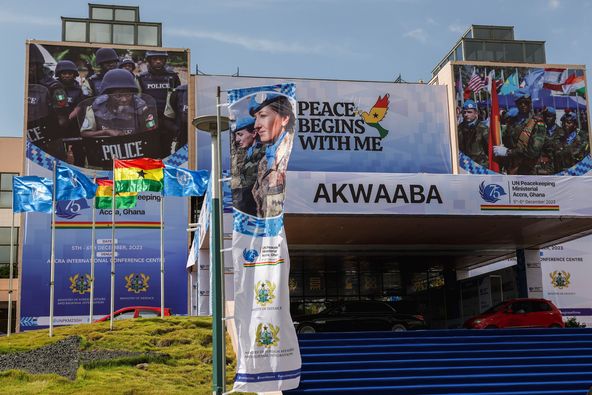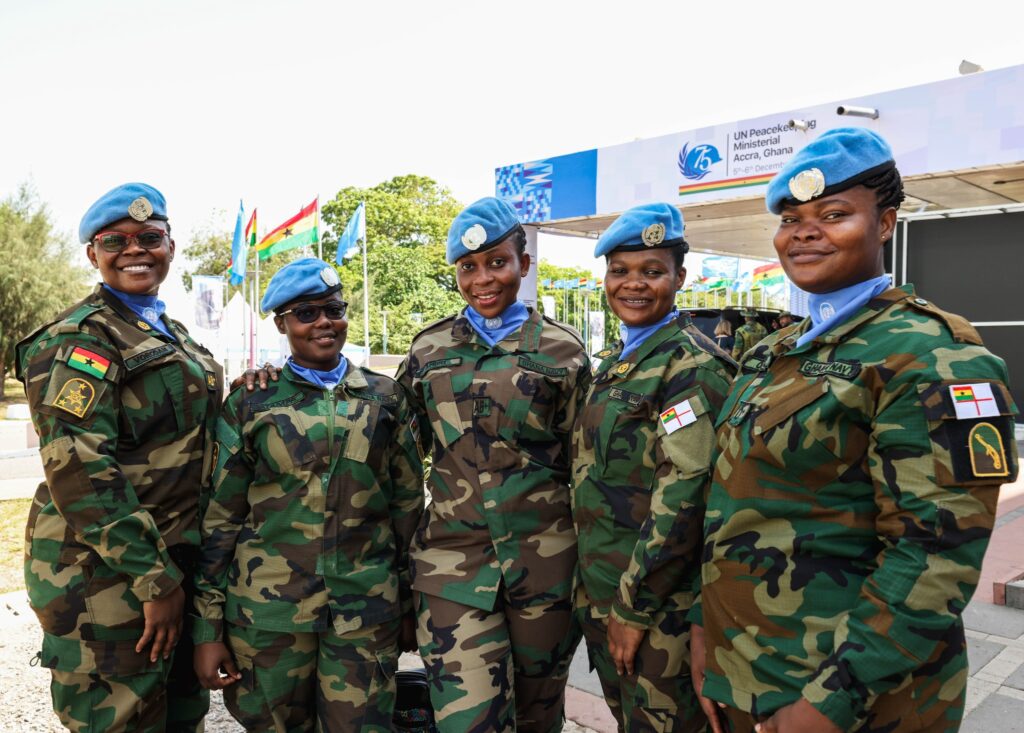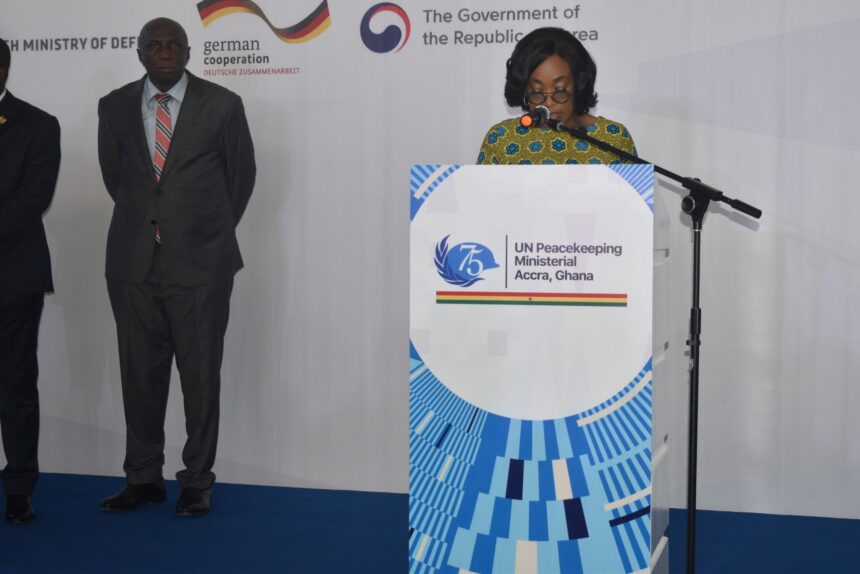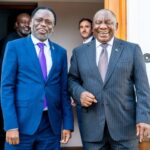The 2023 UN Peacekeeping Ministerial has Kicked off in Accra, Ghana with opening remarks from UN the Under-Secretary-General for Peace Operations, Jean-Pierre Lacroix and the Minister for Foreign Affairs and Regional Integration of Ghana, Shirley Ayorkor Botchwey reaffirming their partnership and urging member states to enhance partnership and collective commitment to enhance peacekeeping operations.
More than 85 countries and international organizations participating in the two-day programmed being held from 5-6 December.
The Ministerial seeks to secure vital political support and concrete commitments to strengthen UN Peacekeeping efforts to meet current and future challenges and needs, in line with ongoing reform under Action for Peacekeeping and the A4P+ implementation plan.
“Ultimately, peacekeeping is a political endeavor. Our goal is to help parties secure and implement peace agreements and related processes,” Jean-Pierre Lacroix, the Under-Secretary-General for Peace Operations, had said on Monday.
“To succeed in a world that is more divided than ever, we need the united and active engagement of Member States,”
“As missions navigate unprecedented challenges and threats, the Ministerial is an important opportunity for Member States to demonstrate their support and make concrete pledges to strengthen our effectiveness.”

The year’s event will focus on crucial issues such as advancing sustainable peace, protection of civilians, strategic communications, and improving the safety and mental health of peacekeepers. During the two-day event, Member States and the UN will also work together to improve environmental management of our operations and deploy more women peacekeepers to ensure more diverse and inclusive operations.
The Accra meeting is the latest in a series of high-level events that have enabled world leaders to pledge resources to help missions fully implement their mandates.

Beyond garnering political support, generous contributions by Member States at meetings in New York, London, Vancouver, and Seoul have helped generate rapidly deployable military units, key aviation assets, better medical capacities and to advance the Women, Peace, and Security agenda.









